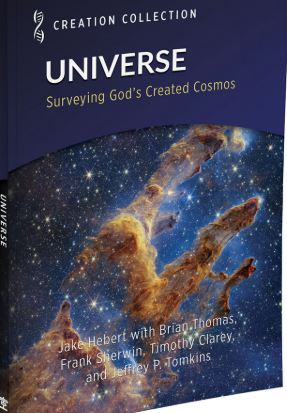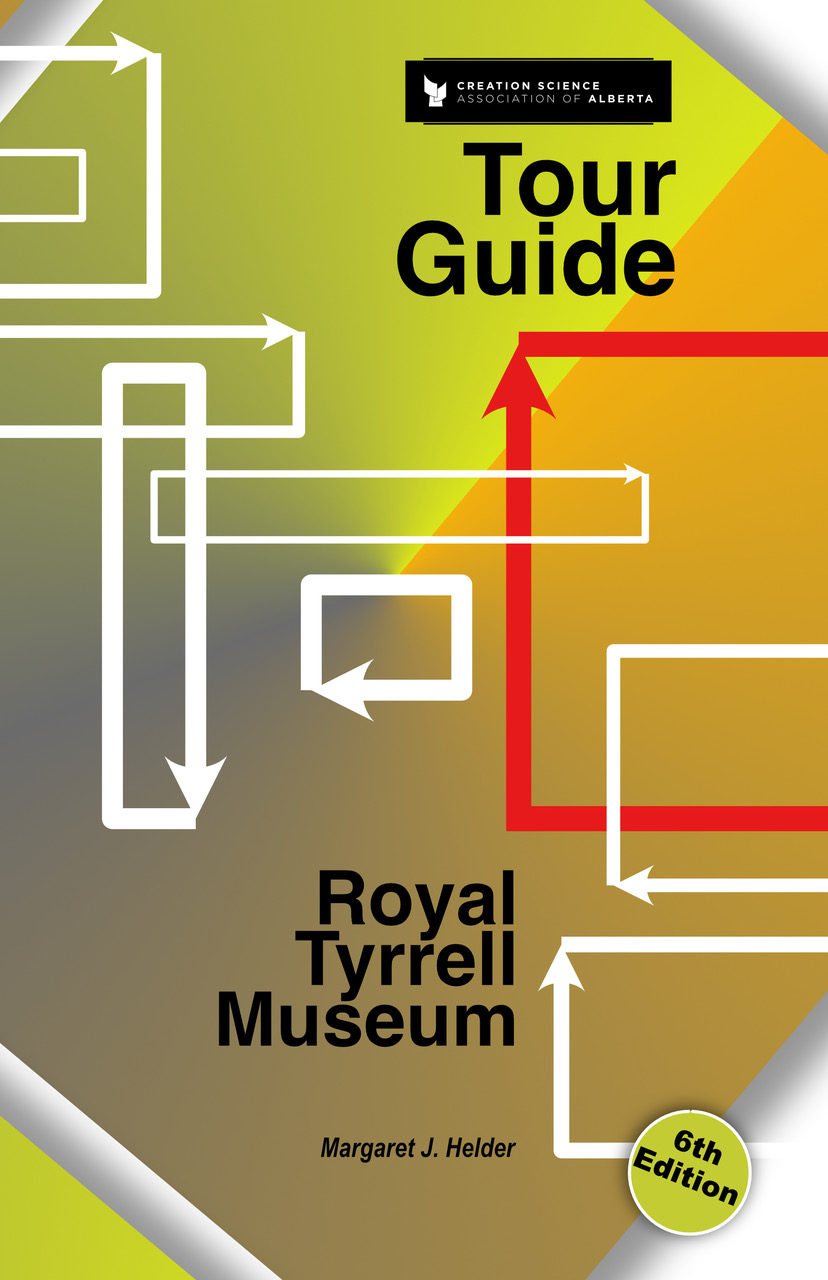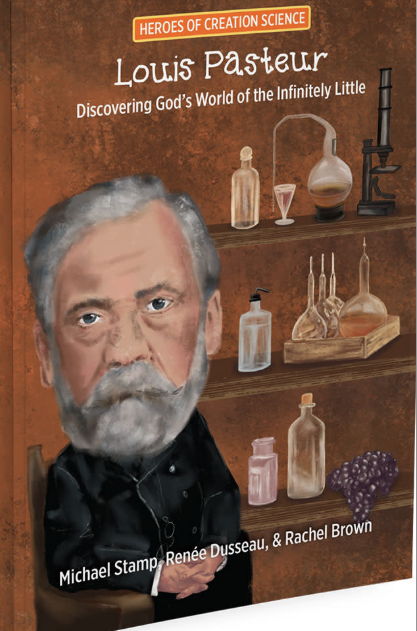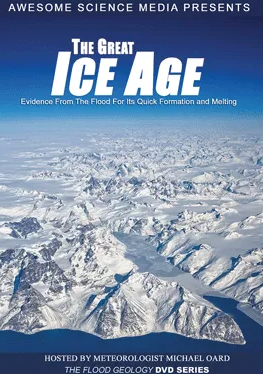Articles » Intermediate
It is easy to remind ourselves not to believe everything which is confidently declared as fact, but it is quite another to actually follow that good advice. How many generations of English students, for example, have memorized Shakespeare’s ominous declaration in Merchant of Venice: “All that glitters is not gold–/ Often have you heard that told.” (Act II Scene 7). Even today however, centuries after Shakespeare’s time, we all too often believe appearances, whether they be objects for sale or statements of scientific fact. Read the rest of this entry »
Imagine that you had never seen a car or any automobile before. You might well be curious as to how the device is able to move. So you examine some vehicles in motion and you come to the obvious conclusion that the wheels are the agents of motion. This is all very obvious and all very true. However if you build a device with chassis and wheels only, you will not get very far. What a car requires is an engine manufactured in a factory and fuel to run the engine. Of course your car needs mechanics to maintain the engine too. It is immediately evident to you that the whole system is the result of designers who conceived of the whole idea and who specify how your car is to be manufactured and operated. Read the rest of this entry »
I really hate to admit it, but in certain situations I am old fashioned! In the good old days, biology students were taught about living organisms. We learned the appearance, life cycles and ecological preferences of various groups of plants, animals, fungi and microbes. Read the rest of this entry »
We have seen scientists in the past, like famous evolutionist Stephen Jay Gould, who declared that “science” and “ethics” including religion, were separate issues, each with their own spheres of influence. The implication was that everyone should be free to support the philosophy of one’s choice. Well that was then, and this is now. Today, with ethical issues as with everything else, it seems there is only one respectable position, that of the secular scientist. To support any other views is to fight “all of science.” Read the rest of this entry »
Recently scientists finished the detailed study of each human chromosome. The whole effort, begun in the 1980s, ended when the analysis of human chromosome number 1 was published on May 18, 2006. Since each of these strings of chemical code or genetic information is so different, allow me then to introduce you to some of your own chromosomes. Read the rest of this entry »
Scientists have found what might have been the perfect ancient vacation hotspot with average sea water temperatures of 24C. Now that’s a warm ocean. Where? Smack in the middle of the Arctic. Several geologists recently pulled a core of sediment from the bottom of the Arctic Ocean and discovered a bygone greenhouse world. No one expected to find evidence of temperatures high enough to make Santa sweat. Read the rest of this entry »
When I was 19, I had a summer job in a hospital laboratory in Sherbrooke, Quebec. The hospital was fairly small, as it served an English community of perhaps 20,000 to 30,000 people in the extended region. Read the rest of this entry »
Four times a year, a group of scientists who recently participated in more than one million dollars worth of research into radiometric techniques for estimating the age of rocks, now conduct meetings to communicate the results of their research to the public. These scientists sought a fundamental correction to the usual assumptions that the earth is extremely old. Read the rest of this entry »
It is easy to imagine the excitement astronomers felt when the telescope was invented early in the seventeenth century. Until that time, mankind’s observations had been confined to five bright planets, moving against a starry background. Nevertheless 150 more years passed until another planet was discovered. In England in 1781, German-born musician and telescope maker, Sir William Herschel, announced that he had discovered a new planet. This body was named Uranus after the most ancient of the Greek gods. Read the rest of this entry »
We humans are proud of our accomplishments in science, technology, the arts, and music. And, we have a right to be proud: the technological wonders of the last century have radically changed our world and benefited us enormously. While basking in our accomplishments, though, it behooves us to acknowledge the fact that we have used the natural world as a model for many of our achievements. Many scientists spend a lifetime studying and learning from the wisdom expressed everywhere in creation. In the fields of “engineering, chemistry, ballistics, aerodynamics – in fact in almost every area of human endeavor – nature has been there first” and the natural world is “infinitely more economical of resources and generally superior in performance” than our best efforts (Felix Paturi. 1976. Nature, Mother of Invention. Harper & Row p. 1). Read the rest of this entry »
Most people, over the years, have heard about big name atheistic scientists. The most prominent example today is evolutionary biologist Sir Richard Dawkins, who holds the Chair for Public Understanding of Science at Oxford University. Because of his prominent position in academia, he commands lots of attention in his campaign against the “malignant influence of organized religion in society.” It is easy enough to dismiss Richard Dawkins as extremist. Certainly his views are extreme, but the astonishing thing is that they are becoming mainstream in powerful scientific circles. Read the rest of this entry »
As a society, it is obvious that we are very impressed with the sophistication of our modern technology. It is also evident that the theoretical basis for this technology is fancy mathematics. Not surprisingly then, although not everybody can do advanced math, we consider our society to be advanced both in terms of knowledge base and physical know how. Read the rest of this entry »
One does not have to be a scientist with an advanced degree in physics or geology to appreciate the relevance of recent studies on the radiometric dating of rocks and biological materials. The book Thousands… not Billions and the DVD of the same name, are designed to communicate to the general public the results of recent research which fit a young age for the earth. Read the rest of this entry »
After watching the video Fearfully and Wonderfully Made, I couldn’t help exclaiming to my sister, husband, mother and anyone who would listen: “You have to watch this fascinating video!” Read the rest of this entry »
Biology is a changed discipline since the advent of the human genome project. Now scientists have detailed molecular DNA codes for many important organisms. DNA, of course, is the genetic information which provides for inheritance, development and mature life processes of each organism. Read the rest of this entry »







